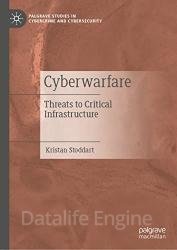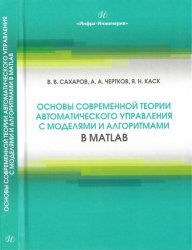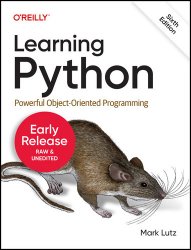 Название: Cyberwarfare: Threats to Critical Infrastructure
Название: Cyberwarfare: Threats to Critical InfrastructureАвтор: Kristan Stoddart
Издательство: Palgrave Macmillan
Год: 2022
Страниц: 550
Язык: английский
Формат: pdf (true), epub
Размер: 10.1 MB
This book provides a detailed examination of the threats and dangers facing the West at the far end of the cybersecurity spectrum. It concentrates on threats to critical infrastructure which includes major public utilities. It focusses on the threats posed by the two most potent adversaries/competitors to the West, Russia and China, whilst considering threats posed by Iran and North Korea. The arguments and themes are empirically driven but are also driven by the need to evolve the nascent debate on cyberwarfare and conceptions of ‘cyberwar’. This book seeks to progress both conceptions and define them more tightly. This accessibly written book speaks to those interested in cybersecurity, international relations and international security, law, criminology, psychology as well as to the technical cybersecurity community, those in industry, governments, policing, law making and law enforcement, and in militaries (particularly NATO members).
This book concentrates not on military networks but on civilian critical infrastructure/critical national infrastructure (CI/CNI) attacks. They underpin a developed society. More than any other area, attacks on CI demonstrate the potential for cyberwarfare. CI encompasses a wide variety of sectors. This includes public utilities such as electric power generation and distribution, water supplies and water treatment, natural gas and oil production and pipelines, shipping and maritime traffic, hydroelectric dams, traffic lights and train switching systems. They are the backbones of every industrialized state.
At the far end of the scale, and one of the most difficult to envisage outside of a third world war involving China and/or Russia and America, is a countrywide cyberattack on critical infrastructure. This has been postulated. An attack on the electric power sector would be the likely first target as electricity affects all other sectors. This could begin with cyberattacks on the generation of electricity at power plants, transmission from the power plants onto regional and national grids and could also be used against high-voltage transformers. This could produce cascading failures throughout the grid and long-lasting power outages. Modern societies like the United States have become reliant on electricity.
Developed societies have a high degree of dependency on the computerized control of the sectors that make up critical infrastructure/critical national infrastructure (CI/CNI). That dependency is deepening with the introduction of various Self-Monitoring Analysis and Reporting Technologies (SMART/‘smart’) in the ever-growing ‘Internet of Things’ (IoT).1 In the meantime, legacy systems which can be upwards of twenty years old will still be operating (with minimal security in specific instances). The degree of vulnerability is spread unevenly in all developed and developing nations and has been the subject of active debate for national governments and private industry.
CI encompasses a wide variety of industries. They are protected by regulators, site security, law-enforcement agencies, government security and intelligence services, and ultimately armed forces, but still they have been subject to attacks. This chapter systemically demonstrates the potential for cyberwarfare through attacks on key sectors of CI including public utilities such as electric power generation and distribution; water supplies, water treatment and sanitation; natural gas and oil production; pipelines; shipping and maritime traffic; hydroelectric dams; and traffic lights and train switching systems. These are the backbone of any industrialized state.
“Kristan Stoddart brings together an outstanding treatise of one of the most important subjects in international security of our times… This book offers innovative insights for scholars interested in the security and strategy of cyberwarfare, as well as those interested in understanding the security dynamics of the modern world more generally.”
-Christian Kaunert, Professor of International Security, Dublin City University & University of South Wales.
Contents:
1. Introduction
2. On Cyberwar: Theorizing Cyberwarfare Through Attacks on Critical Infrastructure—Reality, Potential, and Debates
3. Cyberwar: Attacking Critical Infrastructure
4. Gaining Access: Attack and Defense Methods and Legacy Systems
5. Hacking the Human
6. Non and Sub-State Actors: Cybercrime, Terrorism, and Hackers
7. Conclusion
Скачать Cyberwarfare: Threats to Critical Infrastructure
[related-news] [/related-news]
Комментарии 0
Комментариев пока нет. Стань первым!















